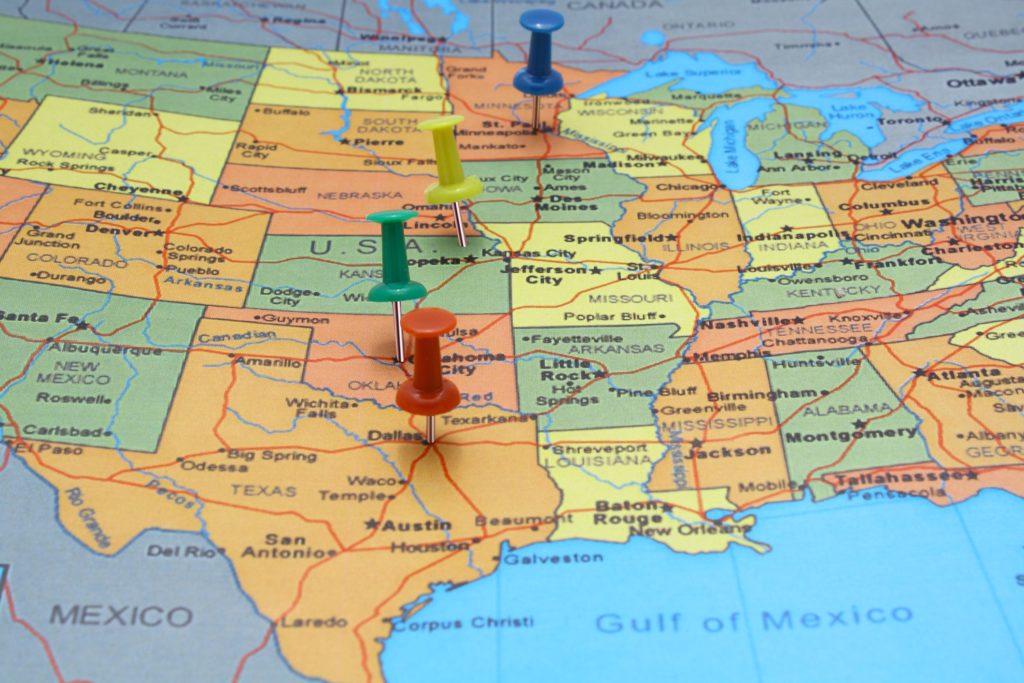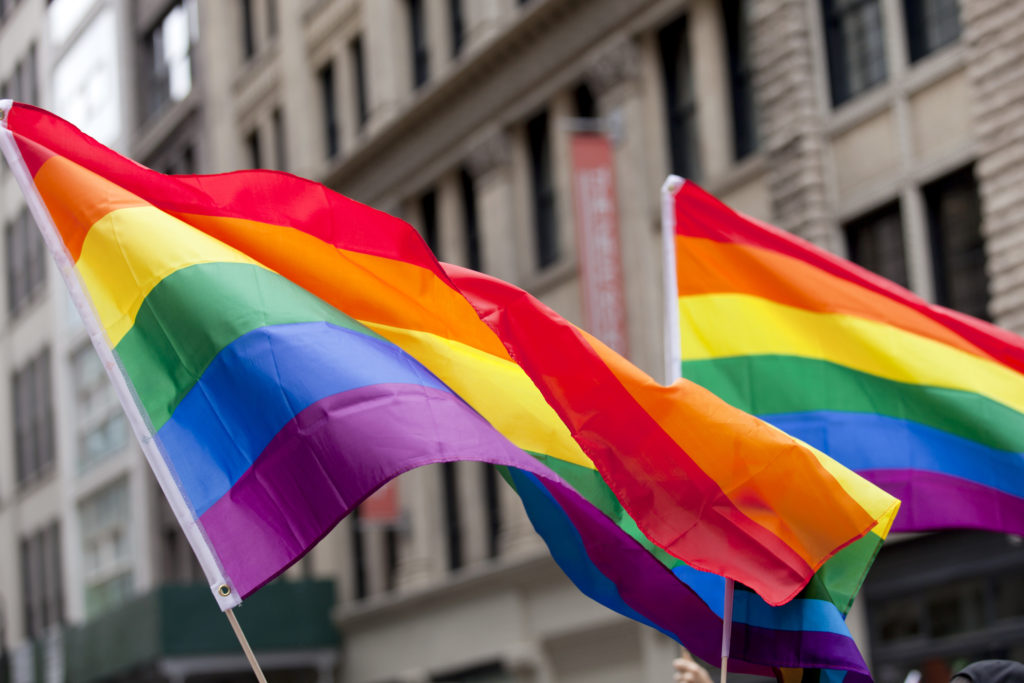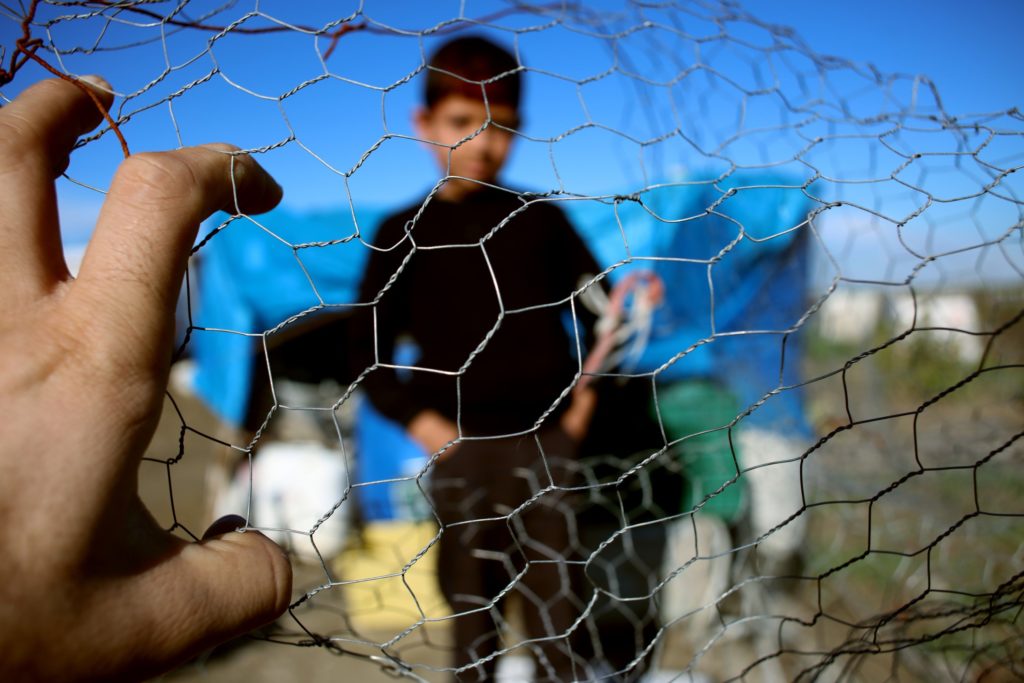On March 26th, 2018, Jen Hart drove her SUV, with her family inside, off a cliff in Mendocino County, California. Jen and her wife Sarah were the adoptive mothers of two groups of siblings – Markis, Abigail and Hannah and Jermiah, Ciera and Devonte (Jermiah and Ciera were renamed “Jeremiah” and “Sierra” by the Harts). Although originally from Minnesota and living in Washington at the time of the incident, Jen and Sarah adopted all six children from Texas – even as Jermiah, Ciera and Devonte’s aunt was trying to work with that state to have them placed with her. The Minnesotan adoption agency responsible for them had a history of violations. As the Hart’s moved from Minnesota to Oregon to Washington, the tenuous nature of interstate adoptions between child welfare systems would become even clearer.
Their tragic story is easily one of the most horrific stories to come from our nation’s foster care system, but it has brought national attention to one major player in national child welfare system: the Interstate Compact on the Placement of Children (ICPC). Initially conceived of almost 60 years ago, the ICPC finds itself under scrutiny today as more accounts emerge of how this agreement sometimes works against the best interests of the children interstate adoption is supposed to serve. Continue reading





